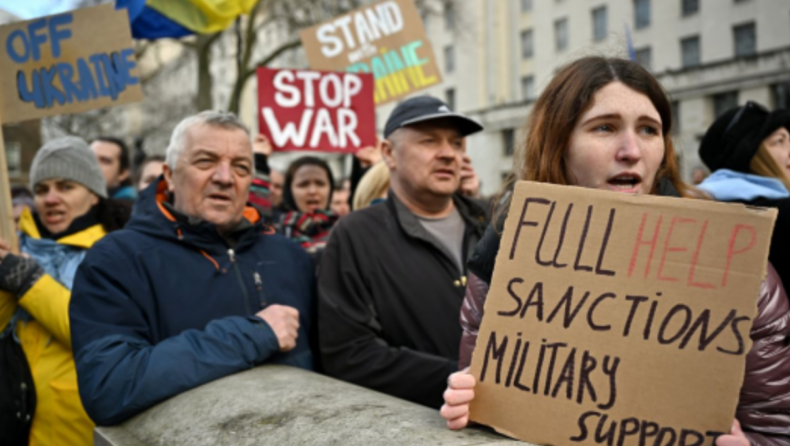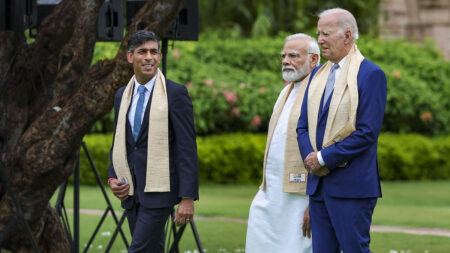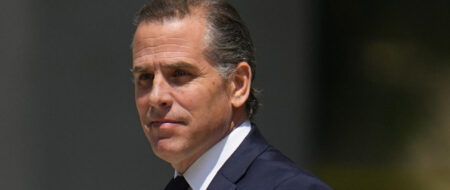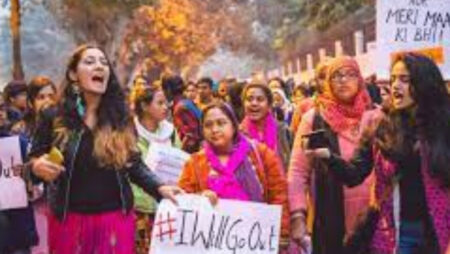Russia has zoomed past countries like Iran and North Korea to become the most-sanctioned state in the world, according to Castellum.AI, a New York based sanctions-tracking database.
The range of sanctions was first imposed by the U.S. and other western countries, when Russia on February 22 declared two Ukrainian provinces of Luhansk and Donetsk as ‘independent states.’
When Russia announced its military operations against Ukraine on February 24, hundreds more sanctions followed. But the question of great importance is whether these sanctions can stop the Russian maneuver in Ukraine or they are just to put a show to the world?
Viability of these sanctions
Economic Sanctions have been known to change the attitude of authoritarian leaders from Iran to Venezuela.
Recently, the U.S. has imposed a new round of sanctions on Russia which includes a ban on the Russian oil imports over the Ukrainian war. This move was motivated by the appeals made by Ukrainian President Volodymyr Zelenskyy to the U.S. and other Western countries to cut off their imports from Russia.
“This is going to impose severe costs on the Russian economy, both immediately and over time,” Biden said. “We have purposefully designed these sanctions to maximize a long-term impact on Russia and to minimize the impact on the United States and our allies.”
They are the toughest economic penalties ever introduced on a country of Russia’s size. The repercussions of such moves will amount to economic warfare that will play out over many months, if not years.
Effects of sanctions on Russia

The Russian economy is facing the severe crisis since the disintegration of the Soviet Union in1991 after the West imposed heavy sanctions on almost the entire Russian financial and corporate system following its invasion of Ukraine.
This sanctions package stops short of adding some other dramatic options, including some that Ukraine and others had been pushing for.
It includes provisions like sanctioning Vladimir Putin himself; cutting Russia off from SWIFT, (Society of Worldwide Interbank Financial Telecommunications)and targeting Russia’s energy sector.
“We will limit Russia’s ability to do business in dollars, euros, pounds, and yen, to be part of the global economy,” Biden said. “We’ll limit their ability to do that. We’re going to stop the ability to finance and grow the Russian military. We’re going to impair their ability to compete in a high-tech 21st-century economy.”
Penalties on oil and gas, for example, would impose severe costs for Russia. But the harder it impacts Russia, the harder it hurts the West, particularly European allies, who are more reliant on Russian natural gas.
Inflation and fears of even greater global energy price spikes already happening in the wake of Russia’s assault and the possible domestic fallout are all intertwined with one of the most consequential foreign policy decisions in decades.
Impacts on the West
As the Kremlin’s invasion of Ukraine is set to enter the third week, the economic costs of the conflict threaten to stall the shaky global recovery from the COVID-19 pandemic.
The expansive sanctions imposed by western countries and the U.S. depreciated the value of the Rubble by more than 60 per cent against the dollar since the beginning of the conflict. But these sanctions have equally and even severely impacted the economy and price rise in western allies as well as in India.
The price of Crude oil has surged to a high not seen since July 2008 and is currently being 29 per cent higher in comparison to the pre-invasion period.
Apart from this, the price of natural gas has sharply risen in Europe and there’s further concern over European countries might follow the U.S. footsteps by agreeing to shut energy supplies from Russia.
Inflation in the Euro area had accelerated to 5.8 per cent in February, mainly on account of a more than 31 per cent surge in energy prices.
Seeing the course of events it’s viable to say that the impact of sanction is not unilinear but it has equal or even more severely affected the European countries as well.
Published By: Apoorva Wakodikar
Edited By: Subbuthai Padma













